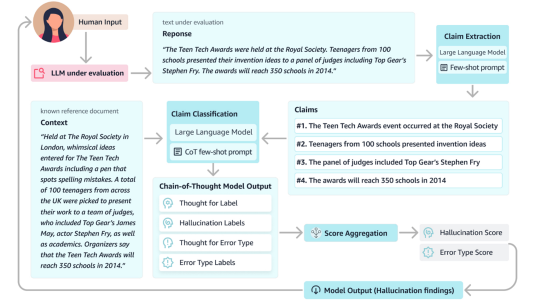On constant-time QC-MDPC decoders with negligible failure rate
2020
The QC-MDPC code-based KEM Bit Flipping Key Encapsulation (BIKE) is one of the Round-2 candidates of the NIST PQC standardization project. It has a variant that is proved to be IND-CCA secure. The proof models the KEM with some black-box ("ideal") primitives. Specifically, the decapsulation invokes an ideal primitive called "decoder", required to deliver its output with a negligible Decoding Failure Rate (DFR). The concrete instantiation of BIKE substitutes this ideal primitive with a new decoding algorithm called "Backflip", that is shown to have the required negligible DFR. However, it runs in a variable number of steps and this number depends on the input and on the key. This paper proposes a decoder that has a negligible DFR and also runs in a fixed (and small) number of steps. We propose that the instantiation of BIKE uses this decoder with our recommended parameters. We study the decoder's DFR as a function of the scheme's parameters to obtain a favorable balance between the communication bandwidth and the number of steps that the decoder runs. In addition, we build a constant-time software implementation of the proposed instantiation, and show that its performance characteristics are quite close to the IND-CPA variant. Finally, we discuss a subtle gap that needs to be resolved for every INDCCA secure KEM (BIKE included) where the decapsulation has nonzero failure probability: the difference between average DFR and "worst-case" failure probability per key and ciphertext.
Research areas




